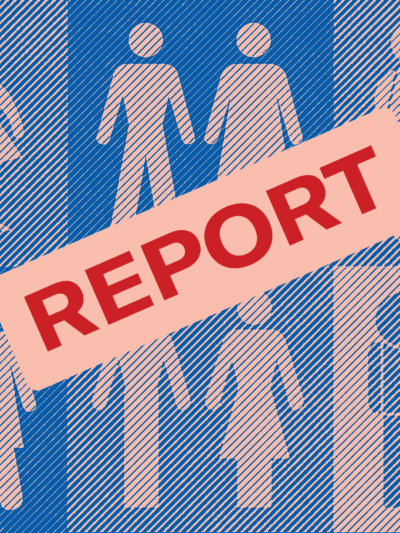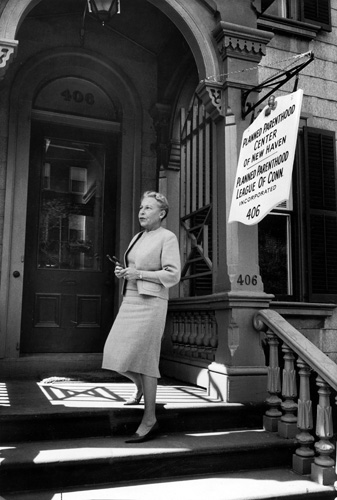News & Commentary
Apr 23, 2015
TBT to 1975: Playing Ball Like a Girl
By Johanna Kaiser, Communications & Development Associate

Mar 10, 2015
Rhode Island Elementary Schools Promote Gender Stereotypes, ACLU Report Finds
Despite decades of progress toward gender equality, in Rhode Island today gender-exclusive student events that are specifically held for girls or boys with the active support of elementary schools help to perpetuate blatant gender stereotypes. Almost invariably, the girls’ events, organized by parent-teacher groups and publicized by the schools, are dances, with another gender-stereotyped event, like a pajama party, occasionally taking their place. By contrast, and just as invariably, the events arranged for boys involve almost anything but dancing, are wide-ranging, and focus on purportedly male-friendly activities like sports and arcade games.

Jul 19, 2013
Statement on Enactment of Bill Allowing Sex Discrimination in School Extracurricular Activities
The Women’s Fund of Rhode Island, RI NOW, and the ACLU of Rhode Island issued the following statement in response to Governor Lincoln Chafee’s decision today not to veto a bill that authorizes public school districts to provide sex-segregated extracurricular activities of any kind:

Sep 18, 2012
ACLU Issues Statement In Response to Father-Daughter Dance Controversy
The following statement was issued today by the ACLU of RI in response to the Cranston sex discrimination controversy. The issue arose when a local parent-teacher organization, with initial support from the school, organized a “father-daughter dance” for girls attending the school, and a “mother-son” outing to a Pawtucket Red Sox baseball game for the boys:

Feb 02, 2012
RI ACLU Praises Department of Corrections For Adopting Anti-Shackling Regulations
The Rhode Island ACLU today applauded the Department of Corrections (DOC) for adopting suggestions to strengthen proposed rules that will govern the use of restraints on pregnant prisoners. These new regulations, based on ACLU-drafted legislation passed last June, generally prohibit the use of handcuffs, shackles, and waist restraints on a pregnant inmate during transport, labor, delivery, and recovery. They also allow only “medically appropriate” restraints to be used during the second and third trimester of an inmate’s pregnancy. Most importantly, the changes adopted by the DOC make important clarifications regarding what restraints are appropriate during each stage of an inmate’s pregnancy and where information about the procedures should be made available to staff and inmates. These changes strengthen what is one of the strongest laws in the country protecting pregnant inmates.

Jan 03, 2012
Groups Submit Testimony to Department of Corrections on Anti-Shackling Regulations
Today the Rhode Island ACLU and seven other organizations have submitted testimony to the Department of Corrections in response to proposed regulations that will implement Rhode Island's new anti-shackling law that the General Assembly approved in June. The law, one of the strongest in the country, was drafted by the Affiliate and generally bars the use of handcuffs or shackles on pregnant incarcerated women. Among other things, the testimony calls for clarification on the new rules for labor, delivery and recovery and for “medically appropriate” restraints.

Stay Informed
Sign up to be the first to hear about how to take action.
By completing this form, I agree to receive occasional emails per the terms of the ACLU’s privacy statement.
By completing this form, I agree to receive occasional emails per the terms of the ACLU’s privacy statement.

